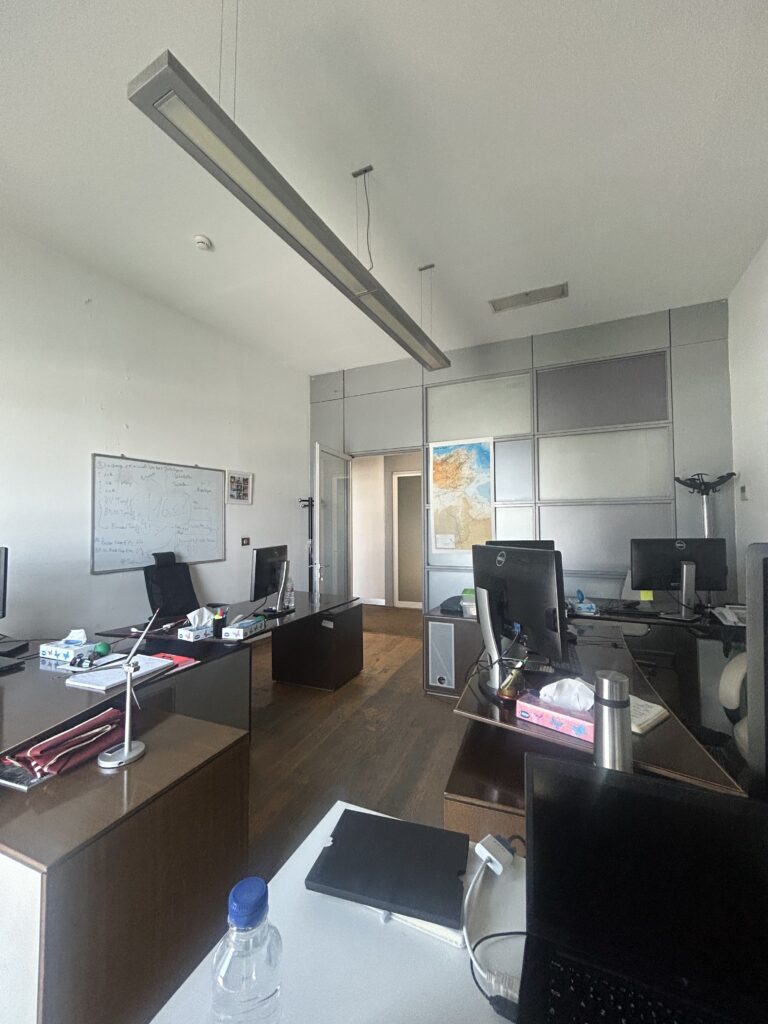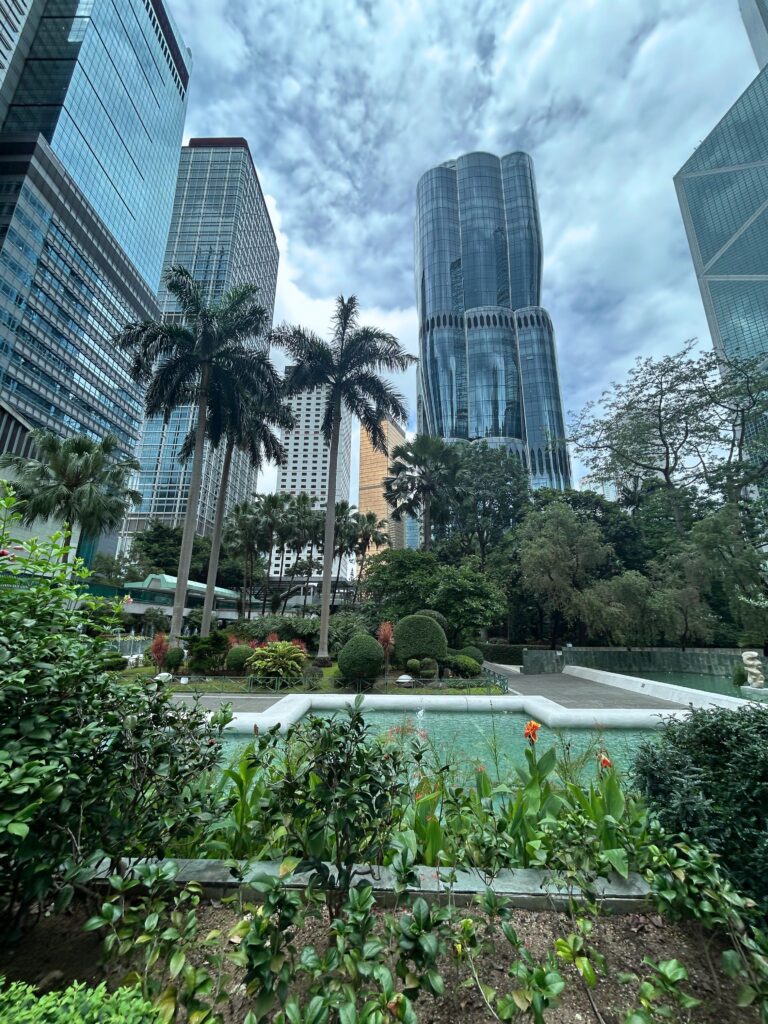
Learning to Speak Spanish—Again—in Buenos Aires
By: Ashley Acosta, CAS ’26
GRIP: Social Impact in Buenos Aires, Argentina

Coming from a Spanish-speaking household, I assumed that adjusting to life in Buenos Aires would be seamless. I spoke Spanish—so why wouldn’t I blend in like a local? That illusion was quickly shattered, even before I landed. On my flight, I sat next to a native Argentinian whose Spanish sounded nothing like the one I grew up with.
The moment I stepped foot in Buenos Aires, it became clear: my Spanish stood out. Though I spoke the official language, my Honduran-American accent made heads turn. People could immediately tell I wasn’t from here. The best way I can explain this is comparing the English spoken in the United States, England, and Australia. While English is spoken in all three countries, the accents, idioms, and vocabulary are distinct.
In Argentina, subtle linguistic differences can instantly reveal whether you’re local or not. Where I’d normally say el bús, they say colectivo or bondi. Instead of tú or usted, it’s vos. While there’s no harm in using my usual vocabulary, I’ve definitely noticed a few raised eyebrows.

I was surprised by how subtle differences in language and behavior can make such a big impact—but I’ve also found Argentinians to be some of the friendliest people I’ve ever met. In Buenos Aires, tourism is intertwined in everyday life, so even as a foreigner, you feel welcomed. Locals are usually happy to hear you speak Spanish and won’t immediately switch to English, which makes it a great environment for practicing the language.
Beyond vocabulary, I’ve noticed social norms and customs differ as well. For example, at restaurants, there’s no need to wait for a host, you just find a table and seat yourself. Waiters don’t check in frequently like they do in the U.S.; instead, you’ll need to flag them down when you’re ready to order or pay.
Public transportation has its own rhythm, too. The bus system, or colectivo, runs 24/7 and is the most comprehensive way to get around. Waiting at your stop, you must flag down the bus as it approaches or else it will not stop. Once you’re on board, you tell the driver where you’re getting off so they can charge your SUBE card accordingly.
And for animal lovers—Buenos Aires is a city of dogs. It’s not uncommon to see a single dog walker leading a pack of six to ten dogs down the street.
While adjusting took a little time, Buenos Aires is vibrant, welcoming, and full of charm. By the end of the summer, I have no doubt I’ll be using Argentine slang like a local.
Read Related Blogs

Independence Does Not Mean Loneliness
GRIP: World Medical Association, Ferney-Voltaire, France Over the past nine weeks of my internship at the World Medical Association, independence has been a defining theme. Not only am I the…

My Internship Experience with SIC
GRIP: Swicorp Infra Capital (SIC), Tunis, Tunisia I stepped out of my taxi and into Lac II, the financial district that runs along the lake in Tunis. The building was…

The Sauce
GRIP: Elephant Community Press in Hong Kong From tenth to twelfth grade, I attended a small, college-prep school called Miller. I can say with quite a degree of certainty that…